What better way to start my first blog than to celebrate the tenth anniversary of the book that led me to train to be a coach? It was 2006 and I knew that some really exciting things were happening in the field of psychology and I wanted to get up to date with the latest research and thinking. I knew a little about the emerging evidence of functional MRI scanning and changes to the brain, and the growing evidence base of mindfulness based interventions for changing the relationship to suffering and physical and emotional pain. I didn’t yet know about Rick Hanson and the growing field of positive neuroplasticity and how much this had developed, and neither had I discovered the behaviour change theory of ‘ACT’ which was at that time still under researched in terms of impact on outcomes. But I did discover the concept of ‘growth mindset’ as outlined by Professor Carol Dweck in her 2006 book ‘Mindset: the new psychology of success’, and I’ve chosen it for my first blog because it underpins all the work I do as a coach as well as in my wider work.
In brief, the view we adopt for ourselves in terms of our potential to learn and grow deeply affects our inner psychology and our future potential; consciously or unconsciously, choosing a ‘growth mindset’ is what enables our talents and skills to grow. If we have the opposite, a ‘fixed mindset’, we tend to view ourselves and our capabilities as essentially stuck and without potential for development. With a ‘growth mindset’ we are increasingly curious about the process of learning, stretching ourselves, and using setbacks as valuable learning experiences. And the good news is, a growth mindset can – guess what- be learned, it is a skill to develop!
It was a real surprise to me to discover that many high achievers actually have a fixed mindset, and hit a mid career plateau or dip when outward successes aren’t mirrored by inner feelings of wellbeing and satisfaction. This is particularly true in those of us with a perfectionist tendency, which is a common trait in highly trained professionals such as doctors and lawyers who need to pay a lot of attention to detail in their training and in their work. The consequence can be that the little successes along the way don’t get noticed or celebrated, and many people mid career experience a sense of disappointment and dissatisfaction. In contrast, those with a love of learning, and who are able to develop themselves, tend to be much more engaged, energised and contented in the workplace. Once the skill of growth mindset is learned, there can be rapid improvements in people’s sense of satisfaction at work. In the leadership field, leaders with a growth mindset are more likely to flourish personally, and to develop ‘learning organisations’ and cultures of growth and development enabling others to flourish too.
The growth mindset is based on a fundamental belief in our ability to:
- learn
- grow
- and change.
This book gave me the gift of changing my own mindset to a more growth orientated one and led me to seek out training to be a coach. Developing people’s potential through developing growth mindsets is at the heart of coaching, and it’s my privilege to contribute to the learning and development of the people I coach.
Dr Fiona Day is the world’s only Leadership Coach with advanced coaching psychology, medical and public health qualifications (MBChB, FFPH, BPS Chartered Psychologist in Coaching Psychology, EMCC Master Practitioner Coach & Mentor) and is in a unique position to help you and your teams to flourish. Fiona specialises in coaching medical and public health leaders, is a coach Supervisor, and an EQA Foundation Award Holder. Get 3 hours of FREE CPD with Fiona’s Health Career Success Programme here. Book a free confidential 30 minute Consultation with Fiona here.



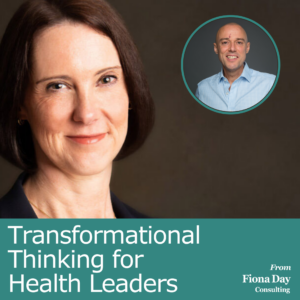
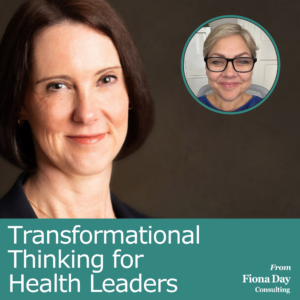
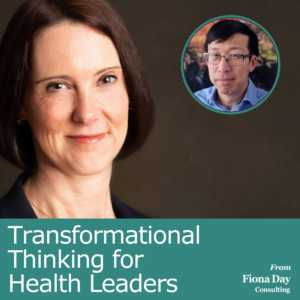
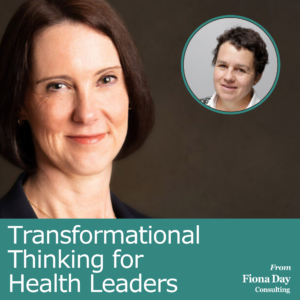
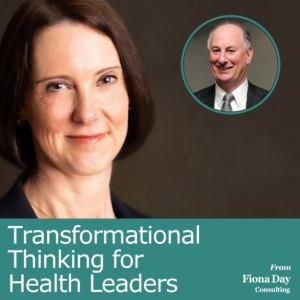

One comment on “Celebrating Ten Years of Growth Mindset – the Heart of Coaching”
Mr WordPress
Hi, this is a comment.
To delete a comment, just log in and view the post's comments. There you will have the option to edit or delete them.